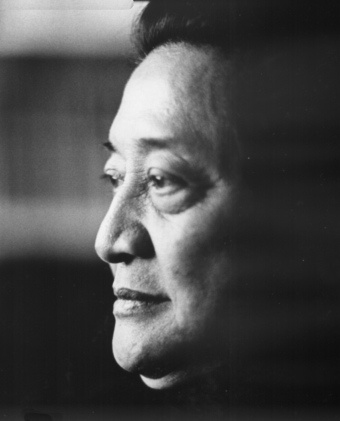Rendra’s broad humanitarian outlook was that of a renaissance figure
By: Suzan Piper
 |
Poet and dramatistImage courtesy of Burung Merak Press |
On 6 August 2009 the poet, playwright and cultural statesman Rendra died, aged 73. Hailed as a daring and passionate humanitarian and the father of modern Indonesian theatre, he was a voice of conscience for the nation through his artistic works and speeches. His flamboyant critique of the establishment moderated as age and the hard slog of managing and directing a theatre group for over forty years took its toll. But the Bengkel Teater vow not to accumulate more than one’s needs, to be generous in one’s thoughts, words and deeds and live true to one’s conscience, uplifting the highest values of humanity and culture, is a legacy worth due respect.
When I first met Rendra in Sydney in 1972, he was a charismatic younger poet who had only seven years earlier returned from two year’s study in New York. He had not witnessed the so-called communist coup of September 1965, although he had been detained and his writings refused publication in the early 60s. The Rendra of those days was the romantic poet, writing and declaiming beautiful lyrical love poems, but also strong, powerful social indictments.
By the seventies, New Order Indonesia had become increasingly repressive in its outlook and practices, modelling Javanese refinement and acquiescence as the Indonesian way. Rendra continued to offer an











